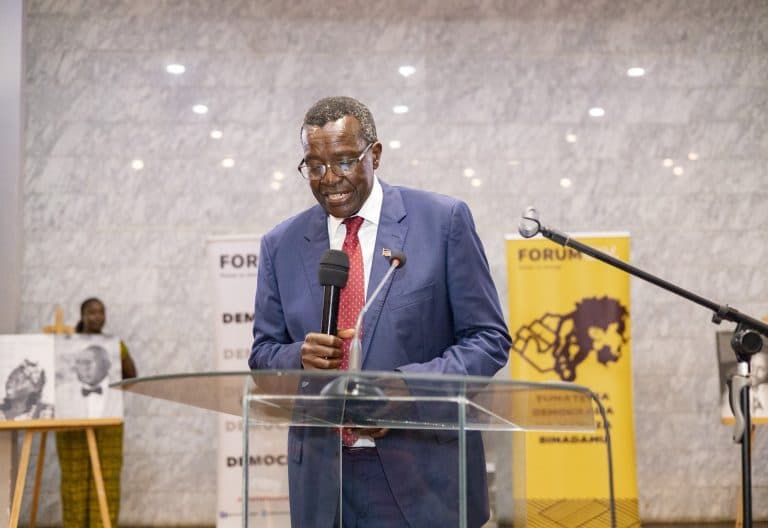We're loading the full news article for you. This includes the article content, images, author information, and related articles.
A High Court petition challenges the Privatization Act, 2023, arguing it unconstitutionally grants excessive power to the Treasury Cabinet Secretary, sidelining parliamentary oversight on the sale of strategic national assets.

NAIROBI, KENYA – A legal battle with significant implications for Kenya's economic future and constitutional governance is unfolding at the High Court, where petitioners are challenging the legality of the Privatization Act, 2023. The core of the dispute, filed by civil society groups and activists including the Katiba Institute, centres on claims that the Act dangerously concentrates power in the hands of the Cabinet Secretary for the National Treasury and Economic Planning, undermining parliamentary oversight and public participation in the disposal of state-owned enterprises (SOEs).
The legislation, which President William Ruto signed into law on October 9, 2023, was designed to repeal the more cumbersome Privatization Act of 2005. The government has argued that the new law is essential for fast-tracking the sale of non-strategic and loss-making parastatals to raise revenue, cut the demand on government resources, and spur economic growth by encouraging private sector participation.
However, the petition before the court argues that this speed comes at a steep constitutional price. A key point of contention is the removal of the requirement for parliamentary approval for each specific privatization plan. Under the old 2005 law, the National Assembly played a direct role in vetting and approving the sale of public assets. The 2023 Act shifts this dynamic, granting the Treasury CS the authority to formulate the privatization programme, which is then submitted to the Cabinet for approval and subsequently to the National Assembly for ratification. Critics argue this reduces Parliament's role to a mere formality, weakening a crucial check on executive power.
The urgency of the court case is underscored by the list of 11 high-profile SOEs the National Treasury identified for the first round of privatization on November 27, 2023. This initial list includes a mix of profitable and strategic entities as well as loss-making firms, such as:
The inclusion of entities like KPC, a strategic asset in the region's energy logistics, and KICC, considered a national monument, has drawn significant public concern. Petitioners have argued that selling off such entities without robust public and parliamentary scrutiny could lead to the undervaluation of national assets and compromise Kenya's strategic interests for short-term revenue gains.
The legal challenge is grounded in Kenya's 2010 Constitution, which emphasizes public participation, transparency, and accountability in the management of public resources. Busia Senator Okiya Omtatah, a vocal critic of the law, has argued that any amendment affecting the functions of Parliament requires a national referendum. Further concerns have been raised that the Act could be exploited to transfer public land to private entities without clear legal distinctions, a claim that touches on sensitive historical issues of land ownership in Kenya.
In a significant development, the High Court on September 24, 2024, declared the Privatization Act, 2023, unconstitutional, citing a lack of adequate public participation in the legislative process. The court found that the engagement was limited and did not meet the constitutional threshold. Following this ruling, the government has reportedly opted not to appeal and is considering reverting to the 2005 law while working on necessary amendments.
This legal standoff places the government's economic reform agenda, which is partly tied to commitments with international financial institutions like the IMF, in a precarious position. The outcome of this constitutional challenge will not only determine the fate of the 11 parastatals but also set a lasting precedent on the balance of power between the executive and legislature in the stewardship of Kenya's public assets.
Keep the conversation in one place—threads here stay linked to the story and in the forums.
Sign in to start a discussion
Start a conversation about this story and keep it linked here.
Other hot threads
E-sports and Gaming Community in Kenya
Active 9 months ago
The Role of Technology in Modern Agriculture (AgriTech)
Active 9 months ago
Popular Recreational Activities Across Counties
Active 9 months ago
Investing in Youth Sports Development Programs
Active 9 months ago